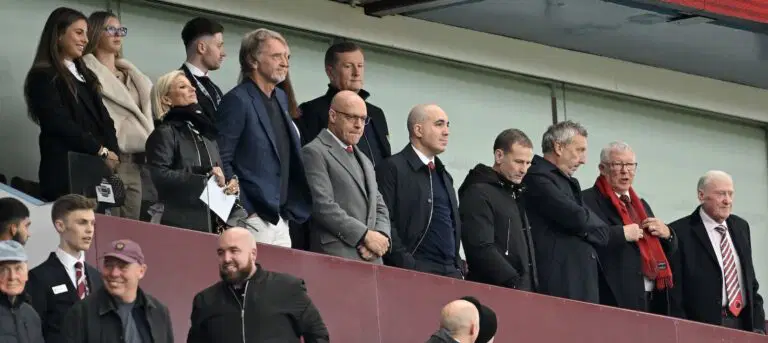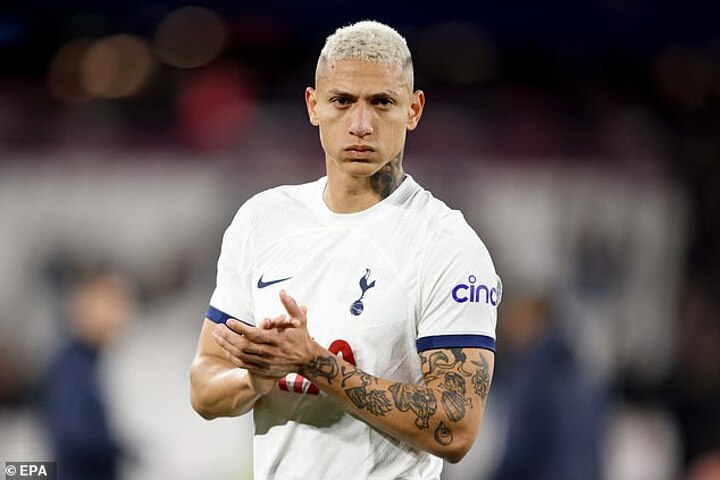In a potentially high-stakes legal dispute shaking the English Premier League, Tottenham Hotspur Football Club has announced its intention to sue Ineos, the owners of Manchester United, for a substantial sum of £11 million. This unexpected move highlights escalating tensions between two of England’s most prominent football clubs and their ownership groups.
The root of the dispute reportedly stems from a contractual disagreement related to commercial agreements that Tottenham alleges were breached by Ineos. While specific details of the contract remain confidential, sources close to Tottenham have indicated that the disagreement involves sponsorship and marketing rights, which are critical revenue streams for modern football clubs. Tottenham claims that Ineos failed to uphold certain terms agreed upon during prior negotiations, resulting in financial losses that the club now seeks to recover through legal action.
Ineos, the multinational chemicals company owned by British billionaire Sir Jim Ratcliffe, completed its acquisition of Manchester United in early 2024, marking one of the most significant ownership changes in recent Premier League history. Since taking control, Ineos has made several strategic moves aimed at revamping Manchester United’s commercial and operational strategies. However, this latest lawsuit threatens to overshadow the new ownership’s ambitions and could set a precedent for future disputes between clubs and their owners.
Tottenham Hotspur’s decision to pursue legal action reflects a broader trend in football, where commercial agreements and ownership structures have become increasingly complex and lucrative. Clubs rely heavily on sponsorship deals, merchandising, and media rights, making contractual clarity and enforcement vital. Any breach can lead to significant financial damage, particularly in an era where clubs’ valuations and operating budgets have skyrocketed.
The Premier League, already known for its fiercely competitive environment on the pitch, may now face off-field battles that could influence the business landscape of English football. Legal experts note that the outcome of this case might prompt other clubs to review their commercial contracts carefully and potentially tighten protections against breaches.
Neither Tottenham Hotspur nor Ineos have provided detailed public comments on the matter, but insiders anticipate a vigorous legal contest ahead. Fans and stakeholders alike will be closely watching how this dispute unfolds, given its implications for club finances, ownership dynamics, and Premier League governance.
As this story develops, it serves as a reminder that the beautiful game is as much about business as it is about football — and when the two collide, the stakes can be enormous.




